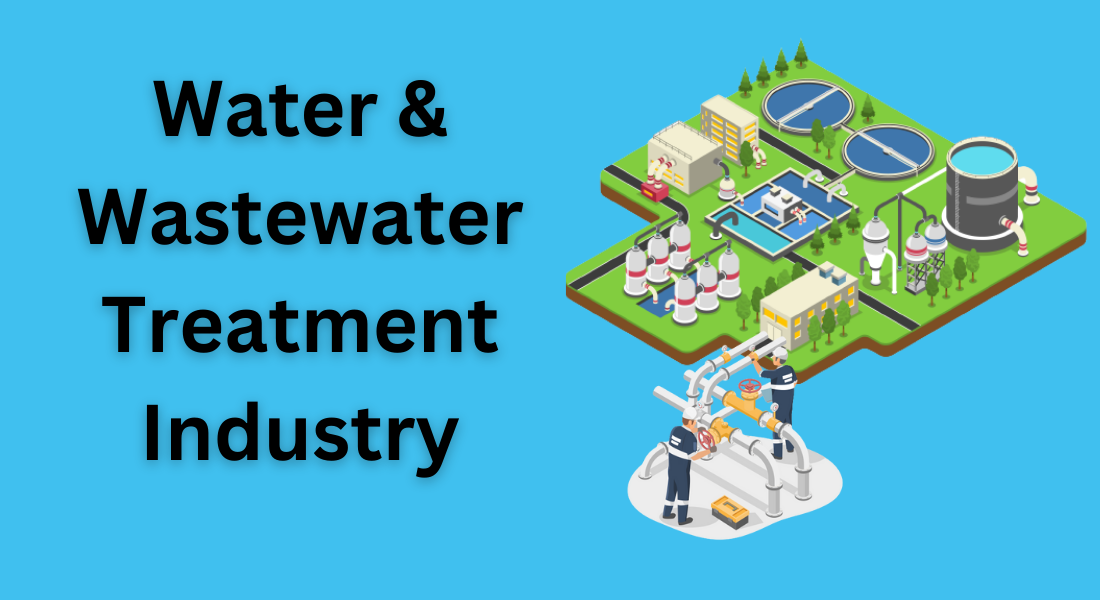Application of Actuators in the Water & Wastewater Treatment Industry

The implementation of electrical actuators in the Water & Wastewater Treatment Industry has revolutionized the way water is purified and wastewater is processed. These sophisticated devices play a crucial role in automating and optimizing the various processes involved in water treatment, offering enhanced efficiency, accuracy, and reliability. Here, we delve into the significance and applications of electrical actuators in this critical industry.
Valve Control: Electrical actuators are extensively used for controlling valves in water and wastewater treatment facilities. Valves regulate the flow of water, chemicals, and gases throughout the treatment process. Electric actuators provide precise control over these valves, allowing operators to adjust flow rates, pressure levels, and other parameters with great accuracy. This helps in maintaining the optimal conditions for treatment processes.
Process Automation: In water treatment plants, numerous processes such as chemical dosing, sedimentation, filtration, and disinfection need to be carried out in a coordinated manner. Electrical actuators enable process automation by ensuring that valves and other equipment are operated at the right time and under the correct conditions. This not only improves the overall efficiency of the plant but also reduces the risk of human error.
Remote Monitoring & Control: Many water and wastewater treatment facilities are located in remote or hazardous areas. Electrical actuators can be integrated with control systems that allow for remote monitoring and control. Operators can make real-time adjustments and receive critical data from sensors, ensuring that the plant operates safely and efficiently.
Energy Efficiency: Electrical actuators are known for their energy efficiency compared to traditional pneumatic or hydraulic systems. They consume power only when in operation and can be equipped with energy-saving features like variable speed drives. This results in reduced energy consumption and operating costs for water treatment facilities, contributing to sustainability efforts.
Reliability & Durability: Water treatment facilities operate around the clock, making reliability a paramount concern. Electrical actuators are built to withstand harsh environmental conditions and provide long-term, trouble-free service. Their low maintenance requirements make them a preferred choice for critical applications in the industry.
Compliance & Safety: Compliance with stringent environmental regulations is a top priority for water and wastewater treatment facilities. Electrical actuators help ensure compliance by precisely controlling the addition of chemicals, the flow of water, and the removal of contaminants. This not only ensures the preservation of the environment but also upholds the well-being of the public.
The implementation of electrical actuators in the Water & Wastewater Treatment Industry has transformed the way water is purified and wastewater is managed. These devices bring automation, precision, and reliability to critical processes, contributing to improved efficiency, reduced operational costs, and environmental compliance. As the industry continues to evolve, electrical actuators will play an increasingly vital role in ensuring the availability of clean and safe water for communities worldwide.